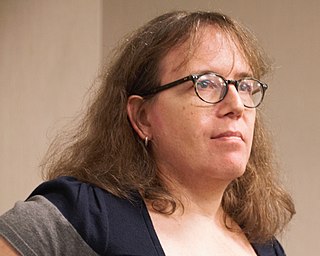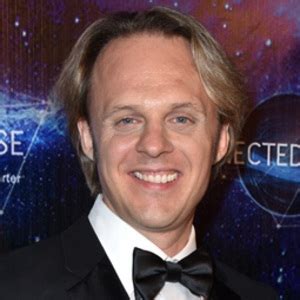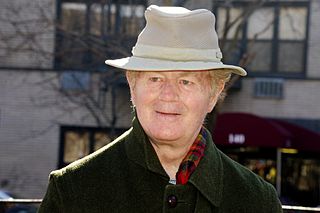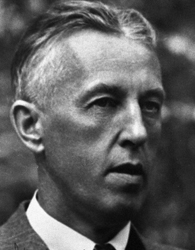A Quote by Sterling W Sill
We insist on near perfection in everyone except ourselves. But if our course is questioned we become offended.
Related Quotes
In wishing to know ourselves fully, we must forget our quest for gain and seek only completion. At a certain point in our development, we no longer even seek to become Mystic, Magister, Sorcerer, or Witch: we seek only our own perfection in the wholeness of our Will, in the joining of light with dark and strength with love. We are varied and gorgeous yet pure of heart. Our aim is this: to know ourselves and to know the world.
Everyone deserves love and appreciation. If there is someone in the world whom we do not love, it is our blessing to work this out within ourselves. A very key spiritual principle, echoed in the Cayce readings as well as mainstream psychology, is that whatever we see in others that makes us angry, sad or jealous is a reflection of an issue we have in ourselves. If we can learn to love, respect and forgive ourselves, then we will not be angered and offended by what we see in others.
Self-respect is often mistaken for arrogance when in reality it is the opposite. When we can recognize all our good qualities as well as our faults with neutrality, we can start to appreciate ourselves as we would a dear friend and experience the comfortable inner glow of respect. To embrace the journey towards our full potential we need to become our own loving teacher and coach. Spurring ourselves on to become better human beings we develop true regard for ourselves and our life will become sacred.
Leadership is a concept we often resist. It seems immodest, even self-aggrandizing, to think of ourselves as leaders. But if it is true that we are part of a community, then leadership is everyone's vocation, and it can be an evasion to insist that it is not. When we live in the close-knit ecosystem called community, everyone follows and everyone leads.
The real question is whether we can learn anything from our experiences upon which we may grow and help others to grow in the likeness and image of God. We know that if we rebel against doing that which is reasonably possible for us, then we will be penalized. And we will be equally penalized if we presume in ourselves a perfection that simply is not there. Apparently, the course of relative humility and progress will have to lie somewhere between these extremes. In our slow progress away from rebellion, true perfection is doubtless several millennia away
Our dreams disturb us because they refuse to pander to our fondest notions of ourselves. The closer one looks, the more they seem to insist upon a challenging proposition: You must live truthfully. Right now. And always. Few forces in life present, with an equal sense of inevitability, the bare-knuckle facts of who we are, and the demands of what we might become.
In this world, perfection is an illusion. Reagrdless of all those who utter the contrary, this is the reality. Obviously mediocre fools will forever lust for perfection and seek it out. However, what meaning is there in perfection? None. Not a bit. ...After perfection there exists nothing higher. Not even room for creation which means there is no room for wisdom or talent either. Understand? To scientists like ourselves, perfection is despair. - Kurotsuchi Mayuri (Bleach 306)
As long as we insist on relating to it strictly on our own terms-as strange to us or subject to us-the wilderness is alien, threatening, fearful. We have no choice then but to become its exploiters, and to lose, by consequence, our place in it. It is only when, by humility, openness, generosity, courage, we make ourselves able to relate to it on its terms that it ceases to be alien.








-of-kafsokalivia.jpg)


























